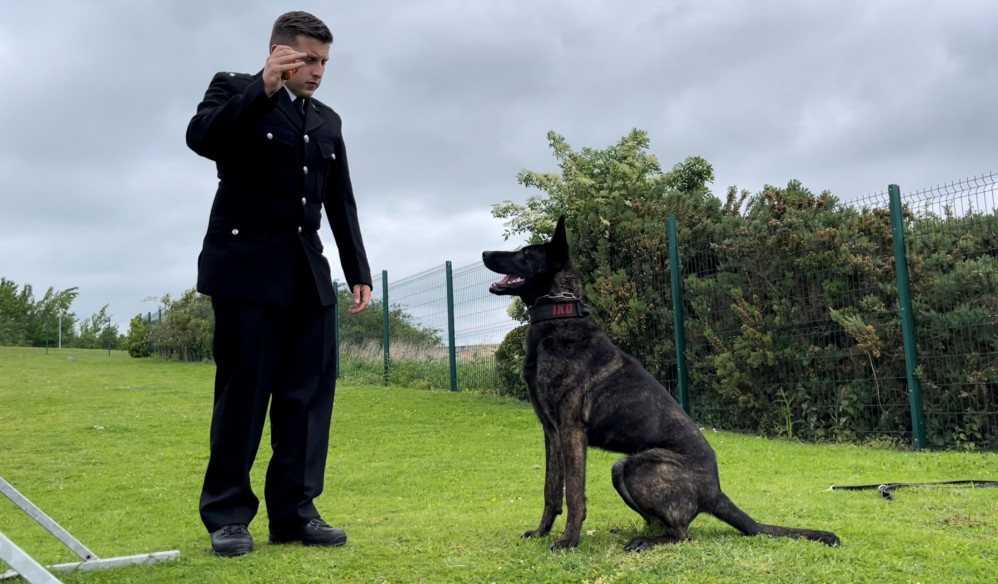Police dogs play a crucial role in law enforcement agencies around the world. These highly trained canines are known for their exceptional abilities in tracking suspects, detecting drugs and explosives, and apprehending criminals. With their remarkable skills, it is natural to wonder if police dogs have ranks within the police force. In this article, we will explore the hierarchy and roles of police dogs, shedding light on whether they have official ranks or not.
1. The Role of Police Dogs
Police dogs are an integral part of law enforcement teams, working alongside their human handlers to maintain public safety and assist in various operations. These canines are trained extensively in specific areas such as tracking, search and rescue, narcotics detection, and apprehension. Their keen sense of smell, agility, and obedience make them invaluable assets in crime prevention and investigation.
In their daily duties, police dogs are often deployed to search for missing persons, locate evidence at crime scenes, or detect illicit substances. They are trained to follow commands from their handlers and are capable of understanding a wide range of verbal and non-verbal cues. The bond between a police dog and its handler is crucial for effective teamwork and communication.
2. Hierarchy within Police Dog Units
While police dogs do not have official ranks like human officers, there is a certain hierarchy within police dog units that determines their roles and responsibilities. Typically, these units are led by a senior officer who oversees the training and deployment of the dogs. This officer is responsible for coordinating the activities of the unit and ensuring that the dogs receive proper care and training.
Within the unit, individual police dogs may have different specializations based on their training. For example, some dogs may be trained specifically for tracking suspects, while others excel in narcotics detection or search and rescue operations. The level of expertise and experience of each dog can influence their assignments and the complexity of tasks they are assigned to.
3. Specializations and Expertise
Police dogs often undergo rigorous training programs to develop their specialized skills. The training process can vary depending on the specific role the dog will fulfill. For instance, tracking dogs are trained to follow scents left by suspects, while drug detection dogs are taught to identify the odor of narcotics. These specialized skills are honed through repetitive training exercises and real-life simulations.
The expertise of police dogs is recognized within law enforcement agencies, and their abilities are often showcased in competitions and demonstrations. Dogs that excel in their respective fields may receive commendations or awards for their exceptional performance. However, it is important to note that these accolades do not equate to official ranks within the police force.
4. The Importance of Teamwork
In the realm of law enforcement, teamwork is paramount. Police dogs and their handlers work together as a cohesive unit, relying on each other’s strengths to achieve their objectives. The bond between a handler and their dog is built through trust, respect, and countless hours of training.
While police dogs may not have official ranks, they are considered equal partners in the law enforcement team. Their contributions are highly valued, and their skills are utilized to enhance the effectiveness of police operations. The success of a police dog unit hinges on the collaboration between the human officers and their canine counterparts.
Conclusion:
Although police dogs do not have official ranks within law enforcement agencies, they play an indispensable role in maintaining public safety. These highly trained canines serve as valuable assets in crime prevention and investigation, utilizing their specialized skills to assist their human handlers. While hierarchy exists within police dog units, it is based on the expertise and experience of individual dogs rather than official ranks. The partnership between police dogs and their handlers exemplifies the importance of teamwork in law enforcement, showcasing the remarkable abilities of these loyal and dedicated canines.








